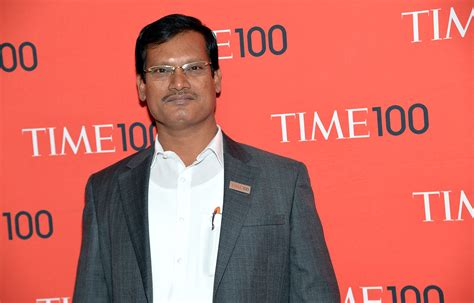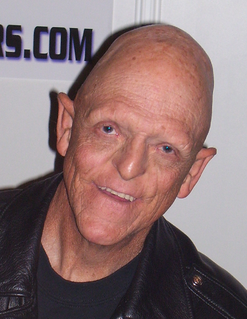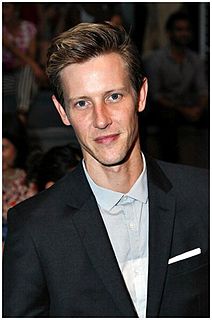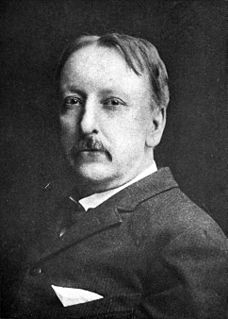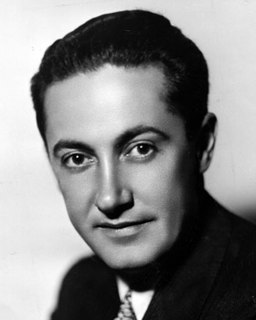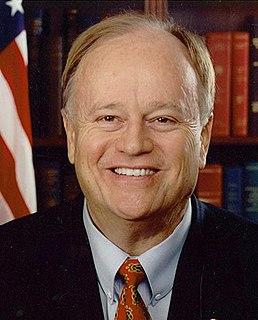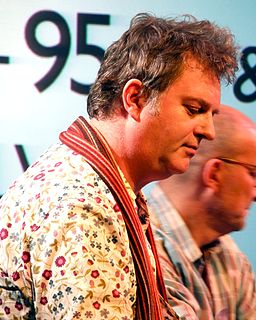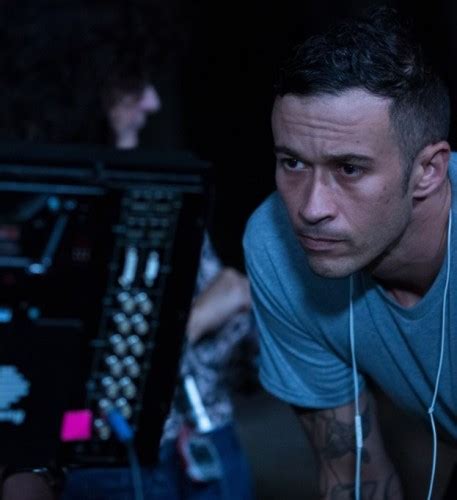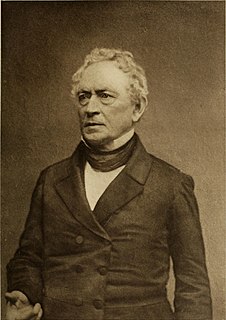Top 1200 Never Ending Story Quotes & Sayings - Page 16
Explore popular Never Ending Story quotes.
Last updated on November 25, 2024.
People who take books on sex to bed become frigid. You get self-conscious. You can't think a story. You can't think, "I shall do a story to improve mankind." Well, it's nonsense. All the great stories, all the really worthwhile plays, are emotional experiences. If you have to ask yourself whether or not you love a girl or you love a boy, forget it. You don't. A story is the same way. You either feel a story and need to write it, or you better not write it.
The New York Times, they lie. They lie like I've never seen anything. They know they're lying. One of these guys wrote a story - Rutenberg, Jim Rutenberg, a story. Literally they'll do whatever they have to do. He practically they insinuated... they'll lie and tell whatever they have to say. These are vicious people. These are lying people, and fortunately I can defend myself.
The never-ending competition between writers hasn't changed between 1868 and 2000. I used to belong to writers' workshops with other professionals, but that becomes impossible after a while. Everyone's on a different step of the career ladder. Jealousy doesn't have to erupt into murder and burying someone in Wells Cathedral, but it is always there.
I was not allowed to think of him. That was something I tried to be very strict about. Of course I slipped; I was only human. But I was getting better, and so the pain was something I could avoid for days at a time now. The trade-off was the never-ending numbness. Between pain and nothing, I'd chosen nothing.
Reading old travel books or novels set in faraway places, spinning globes, unfolding maps, playing world music, eating in ethnic restaurants, meeting friends in cafes . . . all these things are part of never-ending travel practice, not unlike doing scales on a piano, shooting free-throws, or meditating.
Sometimes the music just has to tell the story without you trying to tell the story. It depends on the type of music you want to make. If it makes you feel good and party then you go with that. If it makes you feel like speaking on something real and doing a story then it's the beat just has to have the story.
My parents telling me that if there is a story you feel compelled to share, then you are responsible for doing that. You can't ask someone else to take on that story - or you can, but you have to deal with whatever the fallout is. If the story doesn't end up being told the way you originally heard it or that you feel it needs to be expressed, that's on you.
'Lean on Pete' is the story of a boy and his horse, but it is never heart-warming - it ranges in tone from desperate to merely painful - and, while fascinating, it is never entertaining or redemptive. But if you want an unadorned portrait of American life (at least in some places) at the beginning of the 21st century, this is the book for you.
The thing that's helped me from wrestling is sometimes when you do live television, things change immediately, so you can be immersed in one story and then the story shifts. Ultimately, if you just get the point of what you're trying to accomplish, if you know the story, then you can put forth a good product.
The commission had to subpoena the F.A.A. for documents, had to subpoena NORAD for documents and they will never get the full story. That is one of the tragedies. One of these days we will have to get the full story because the 9-11 issue is so important to America. But this White House wants to cover it up.
And in the end, of course, a true war story is never about war. It's about sunlight. It's about the special way that dawn spreads out on a river when you know you must cross the river and march into the mountains and do things you are afraid to do. It's about love and memory. It's about sorrow. It's about sisters who never write back and people who never listen.
I know people who have suffered writer's block, and I don't think I've ever had it. A friend of mine, for three years he couldn't write. And he said that he thought of stories and he knew the stories, could see the stories completely, but he could never find the door. Somehow that first sentence was never there. And without the door, he couldn't do the story. I've never experienced that. But it's a chilling thought.
I can't imagine being quite as lucky at any other time - I certainly never have been before. That goes right down from my producing partners to people like Eddie Vedder. But the two things that make me feel that this was meant to be now and not before was that the story itself has more resonance today - I find it a more important story today than it was then - and Emile.
Photography is a great adventure in thinking and looking, a wonderful magic toy that miraculously manages to combine our adult awareness with the fairy-tale world of childhood, a never-ending journey through great and small, through variations and the realm of illusions and appearances, a labyrinthine and specular place of multitudes and simulation.
When you wake up in the middle of the night and you hear a scary sound, you're not picturing yourself getting the girl, you're not picturing yourself winning the prize and becoming a hero. What makes you scared is the fear that you're gonna die, or that something horrific is gonna happen. So while I'm not opposed to happy ending, or wherever the story is naturally supposed to go-I do end up finding that I like movies where you almost end up feel, at best, that the character survived it more than championed over it.
But most critically, sweet, never try to change the narrative structure of someone else's story, though you will certainly be tempted to, as you watch those poor souls in school, in life, heading unwittingly down dangerous tangents, fatal digressions from which they will unlikely be able to emerge. Resist the temptation. Spend your energies on your story. Reworking it. Making it better.
A great character, founded on the living rock of principle is, in fact, not a solitary phenomenon, to be at once perceived, limited, and described. It is a dispensation of Providence, designed to have not merely an immediate, but a continuous, progressive, and never-ending agency. It survives the man who possessed it; survives his age,--and perhaps, his country, his language.
With the never-ending stream of new social technologies, apps and platforms rolling out every day, its easy to get lost in the minutiae of social media. Yet for there to be effective change, especially within large, top-down, hierarchical institutions, a company must have an over-arching understanding of the new role it has to play.
There is a natural tendency for investors to devote a significant majority of their time to finding new ideas. After all, uncovering great companies selling at great prices is the lifeblood of successful investing. But in the never-ending quest for the next great idea, investors often give short shrift to their existing investments.
I believe there's plenty of market for each; we're talking about an ecosystem that is going to support billions of devices, so a competitive landscape is good for consumers, developers, and the platforms alike. Apple brings a smooth elegance to its devices and platform, with the best marketplace experience to boot. Google brings a higher volume of devices as well as a more diverse ecosystem to interact with. The real story here is that Microsoft is nowhere to be seen, ending a two-decade monopoly and creating biggest opportunity for software startups probably ever.
One of the remarkable qualities of the story is that it creates space. We can dwell in a story, walk around, find our own place. The story confronts but does not oppress; the story inspires but does not manipulate. The story invites us to an encounter, a dialogue, a mutual sharing. As long as we have stories to tell to each other there is hope. As long as we can remind each other of the lives of men and women in whom the love of God becomes manifest, there is reason to move forward to new land in which new stories are hidden.
It's hard to tell if anyone's interested in reading a serialized story. But it's interesting to put in a cliffhanger each week. That was popular in old comic strips. They'd write a weekend story different from the daily strip. So people follow one story day to day, and a separate story on weekends. If you read them, you think "I'll read two more." Then you're like "I gotta find out!" And you read 500 more.
I would've written this story [Django] if [Barack] Obama were president or if he never existed. For one, I think it's time to tell a story that deals with this subject America has avoided for so long. Most countries have been forced to deal with the atrocities of their past that still affect them to this day. But America has been pretty slippery in the way that it has avoided looking slavery in the eye. I believe that's a problem.
[Peter Pan] has never broken his terrible habit of eavesdropping. So, maybe that wasn't the rustle of pages you heard while this story lasted, but Peter Pan himself, listening in. In exchanged for a story of yours, he might show you his most prized possession: James Hooks' map of Neverland. In exchange for a smile, he may show you Neverland itself.
No episode is a priori condemned to remain an episode forever, for every event, no matter how trivial, conceals within itself the possibility of sooner or later becoming the cause of other events and thus changing into a story or an adventure. Episodes are like land mines. The majority of them never explode, but the most unremarkable of them may someday turn into a story that will prove fateful to you.
The seminal elements of what makes a story great - challenge, struggle, resolution - are the same whether we're talking about story content for a movie such as 'Rain Man,' or telling a purposeful story to forge new business relationships or conclude a fruitful transaction, such as acquiring an NBA franchise.
When I'm writing comics, I'm also visualizing how the story will look on the page - not even always art-wise, but panel-wise, like how a moment will be enhanced dramatically by simply turning a page and getting a reveal. It requires thinking about story in a way I never had to consider when I was writing prose.
It wasn't long after I began writing Star Wars that I realized the story was more than a single film could hold. As the saga of the Skywalkers and Jedi Knights unfolded, I began to see it as a tale that could take at least nine films to tell - three trilogies - and I realized, in making my way through the back story and after story, that I was really setting out to make the middle story.



